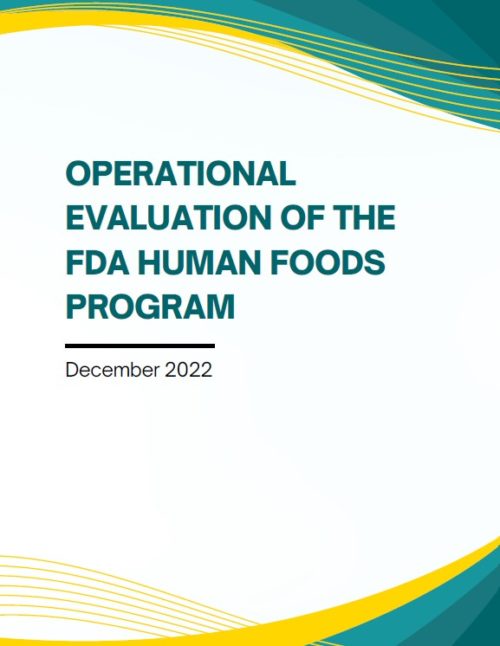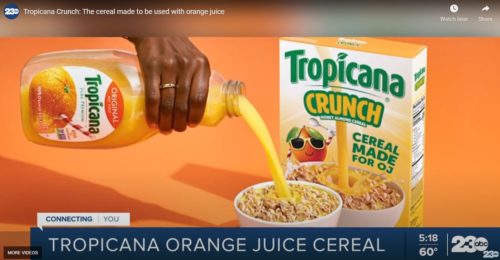Industry-funded studies of the week: Nuts, again and again
So many people send me these things that I can hardly keep up. Let’s take a look at two this time. Thanks to Hugh Joseph and Matthew Kirby for these:
I. The impact of almonds and almond processing on gastrointestinal physiology, luminal microbiology, and gastrointestinal symptoms: a randomized controlled trial and mastication study Alice C Creedon, Eirini Dimidi, Estella S Hung, Megan Rossi, Christopher Probert, Terri Grassby, Jesus Miguens-Blanco, Julian R Marchesi, S Mark Scott, Sarah E Berry, Kevin Whelan. The American Journal of Clinical Nutrition, Volume 116, Issue 6, December 2022, Pages 1790–1804, https://doi.org/10.1093/ajcn/nqac265
- Conclusions: “Almond consumption has limited impact on microbiota composition but increases butyrate in adults, suggesting positive alterations to microbiota functionality. Almonds can be incorporated into the diet to increase fiber consumption without gut symptoms.”
- Funding: Supported by an Almond Board of California grant (to KW). The funders provided financial support, and the whole and ground almonds consumed by participants in the trial, but had no role in study design, conduct, analysis, interpretation, or decision to publish.
- Author disclosures: ACC was funded by a PhD studentship funded by Almond Board of California. ED has received an education grant from Alpro, research funding from the British Dietetic Association, Almond Board of California, the International Nut and Dried Fruit Council, and Nestec Ltd, and has served as a consultant for Puratos. MR and KW have received research funding from Almond Board of California, Danone, and International Dried Fruit and Nut Council, and are co-inventors of volatile organic compounds in the diagnosis and dietary management of irritable bowel syndrome. MR is also cofounder of Bio&Me, a gut health food brand. TG supervises PhD students partially funded by Mondelez and McCain Foods Ltd, and has previously received research funding from Almond Board of California. SEB has received grant funding from Almond Board of California, Malaysian Palm Oil Board, and ZOE Ltd, and receives consultancy and options from ZOE Ltd. All other authors report no conflicts of interest.
- Comment: The Almond Board is doing its job, apparently.
II. Almond intake alters the acute plasma dihydroxy-octadecenoic acid (DiHOME) response to eccentric exercise. David C. Nieman1*, Ashraf M. Omar2, Colin D. Kay3, Deepak M. Kasote3, Camila A. Sakaguchi1, Ankhbayar Lkhagva2, Mehari Muuz Weldemariam2 and Qibin Zhang. Front. Nutr., 09 January 2023. https://doi.org/10.3389/fnut.2022.1042719
- Conclusions: “These data support some positive effects of almond intake in improving mood state, retaining strength, decreasing muscle damage, increasing the generation of gut-derived phenolic metabolites, and altering the plasma oxylipin DiHOME response to unaccustomed eccentric exercise in untrained adults. The elevated post-exercise plasma levels of 12,13-DiHOME with almond intake support positive metabolic outcomes for adults engaging in unaccustomed eccentric exercise bouts.”
- Funding: “This work was supported by Almond Board of California, Modesto, CA. The funder had no role in the study design, data collection, analysis and interpretation, the preparation of the manuscript, or in the decision to submit the article for publication.”
- Conflict of Interest: “The authors declare that the research was conducted in the absence of any commercial or financial relationships that could be construed as a potential conflict of interest.”
- Comment: I disagree. The fact that the Almond Board funded the study if nothing else gives the appearance of conflicted interests, especially because studies so clearly document the influence of funding whether recognized by recipients or not.
********
For 30% off, go to www.ucpress.edu/9780520384156. Use code 21W2240 at checkout.






